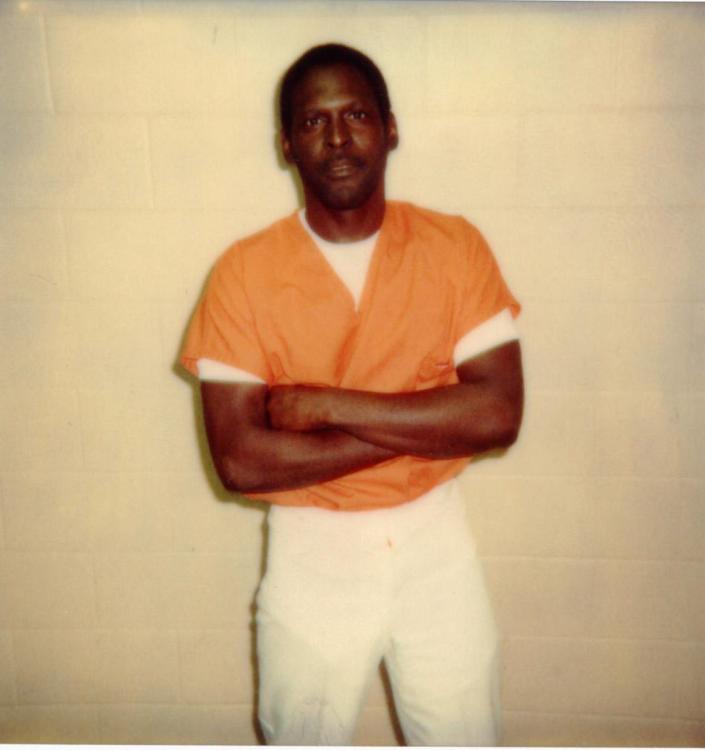A man who served more than three decades in prison for a Brevard County murder he said he did not commit could be headed back to prison after the U.S. Supreme Court on Monday declined to take up an appeal.
Crosley Green was released on house arrest in 2021 after a federal district judge ruled that prosecutors had improperly withheld evidence in the 1989 shooting death of 21-year-old Charles “Chip” Flynn. But the 11th U.S. Circuit Court of Appeals last year overturned the district judge’s ruling, and the Supreme Court declined to review the case.
During a news conference Monday in Brevard County, Keith Harrison, an attorney for Green, called it a “tragic day for our criminal justice system” and said Green’s conviction will be reinstated after the Supreme Court decision. He said attorneys will start working through the state parole and clemency processes to free Green, 65.
“No one is served by sending Crosley Green back to jail,” said attorney Vincent Galluzzo, who along with Harrison, works for the international law firm of Crowell & Moring, which has provided pro bono legal representation to Green. “Crosley is a man of faith. He’s a family man. He’s a working man.”
Galluzzo said attorneys had not received information as of mid-afternoon Monday about the state’s plans. The Supreme Court, as is common, did not explain its decision.
Green was convicted in 1990 of first-degree murder in the death of Flynn, who was found with a gunshot wound to the chest in a citrus grove. Green was sentenced to death, though he was resentenced to life in prison in 2009.
In 2018, U.S. District Judge Roy Dalton Jr. granted what is known as a “writ of habeas corpus” that could have led to Green’s receiving a new trial or being freed. Dalton ruled that prosecutors had improperly withheld evidence about police officers suspecting a woman who had dated Flynn in the shooting, according to court documents.
The Florida attorney general’s office appealed Dalton’s ruling, and a panel of the appeals court in March 2022 said Dalton had improperly ruled because the issues about withheld evidence had not been “exhausted” during appeals in state courts.
Story continues
“The power of the federal courts to grant a writ of habeas corpus setting aside a state prisoner’s conviction on a claim that his conviction was obtained in violation of the United States Constitution is strictly circumscribed,” the panel’s main opinion said. “First, the prisoner must have exhausted his state remedies. He presented the claim to the state courts, and they denied it on the merits.”
The Atlanta-based appeals court later declined a request for a rehearing, and Green’s attorneys filed a petition at the U.S. Supreme Court last month.
Green and family members appeared at Monday’s news conference. Green expressed concern about how the Supreme Court decision would affect his family and other supporters.
“I love my freedom, the freedom I had these last two years,” Green said. “It’s been wonderful.”
